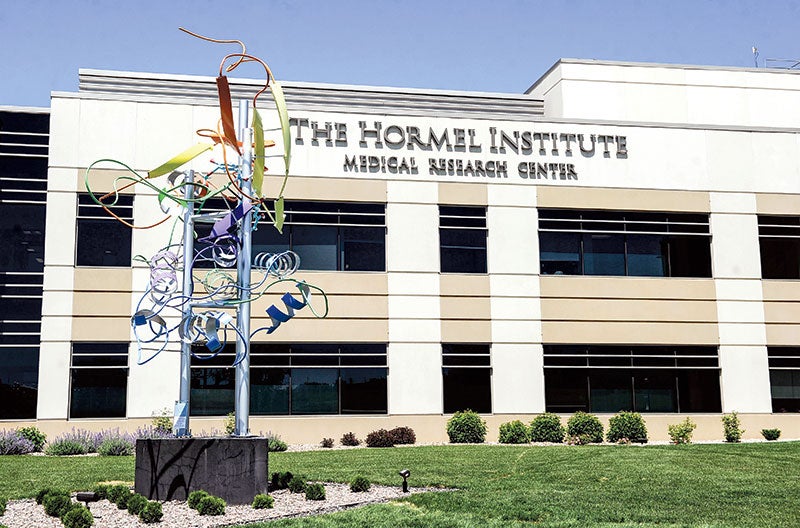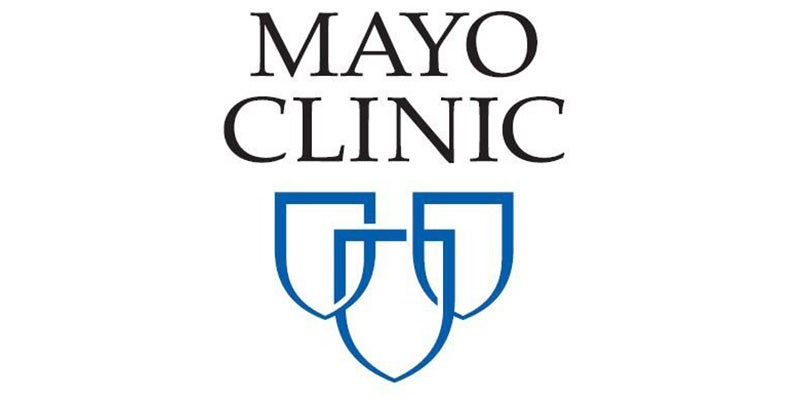Austin cancer research published; Potach Foundation helped fund effort at Hormel Institute
Published 8:06 am Thursday, December 21, 2017
A top cancer journal has published cutting-edge research from The Hormel Institute that received significant support from an Austin golf tournament and fundraiser.
Carcinogenesis published the Wilms’ Tumor research from the institute’s cellular and molecular biology lab, according to a news release from the institute. The research team was led by Dr. Kun Yeong Lee and included Drs. Young Jin Jeon, Hong Gyum Kim, Joohyun Ryu, Do Young Lim, Sung Keun Jung, Dong Hoon Yu, Hanyong Chen, Ann M. Bode and Zigang Dong.
“These results provide an important breakthrough in the field of cancer biology,” said Bode, associate director of The Hormel Institute. “This discovery is important because it contributes significantly to a better understanding of the chameleon-like function of Wilms’ Tumor genes.”
Wilms’ Tumor research started at The Hormel Institute in 2008 under the direction of Dr. Zigang Dong. Since then, the annual “Karl’s Tourney” golf tournament and fundraiser — held in Austin by friends and family of Dr. Kurt and Brenda Potach — has donated $504,800 to the institute’s cancer research. The Potach’s lost their 4-year-old son Karl to Wilms’ Tumor cancer in 1997 and since then, their friends and family have raised money to support research and families affected by cancer in his honor.
“We are greatly encouraged to see such progress,” said Dr. Kurt Potach. He and Brenda welcomed their first grandchild this year, a grandson born on Karl’s birthday.
“Through research we aim to give hope and help to children and families – that Wilms’ Tumor cancer can be prevented altogether or that with new treatments those affected can live a long life,” Dr. Kurt Potach said. “We thank everyone who makes our donations from the Karl R. Potach Foundation possible. This progress reflects all who have supported and donated to the Karl’s Tourney.”
The news release explains that Wilms’ tumor (or nephroblastoma) is a type of cancer that starts in the kidneys. It is the most common type of kidney cancer in children and mutations in the Wilms’ Tumor 1 (WT1) gene are associated Wilms’ Tumor. The WT1 gene was thought to be a “tumor suppressor,” or a gene that helps keep cancer in check, however high levels of the WT1 gene were also found in several cancers, contradicting its tumor suppressor role.
Dr. Lee and team solved this dilemma as they discovered there were actually two versions of the gene – a long version and a short version. The short version was the traditional, well-studied gene that helped keep cancer in check (called augWTI), however the longer version of the gene (called cugWT1) actually helped cancers grow. Thus the two versions of the same gene had opposite effects on cancer. This study provides a fascinating example of the complex interplay of genes in our body.
Each year, about 500 new cases of Wilms’ tumors are diagnosed in the United States. This number has been fairly stable for many years. About 5 percent of all cancers in children are Wilms’ tumors. The average age at diagnosis is about 3 to 4 years. It becomes less common as children grow older and is uncommon after age 6.
It’s very rare in adults, although cases have been reported.




